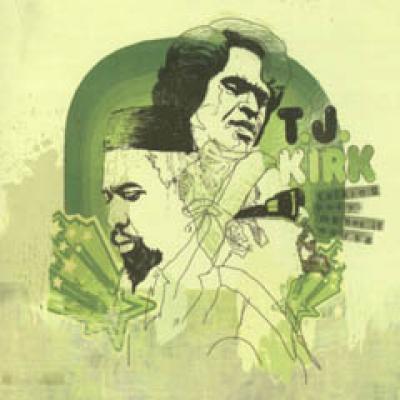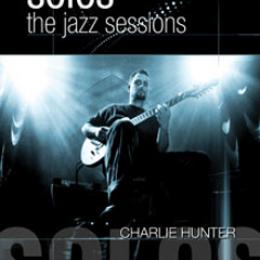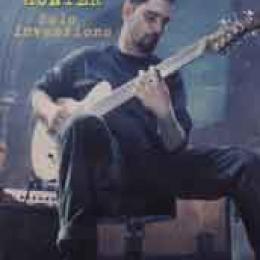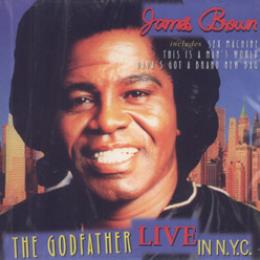Posted by: Anonymous | June 1st, 2004
Not content to simply play re-worked covers, they found innovative ways to string the songs together, opening jams with a Monk tune for example, only to end up in a Kirk composition. They released their self-titled debut album in 1995, and followed a year later with the Grammy-nominated If Four Was One.
Talking Only Makes it Worse opens with 2 minutes of avant-garde soundscapes before bursting into the frenetic jazz groove of James Brown's "Soul Power." Hunter is flying through the bass notes as Amendola keeps pace with the frantic beat and they slam directly into the swinging sway of Thelonious Monk's "Four in One." These three musicians coax an amazing array of sounds and spectacles from their guitars, never seeming to run out of ideas despite the number of strings blending together. They stick with Monk for a minute as "Bemsha Swing" leads into the thick, chunky changes of "Skippy." His tunes make up roughly half the album, offering these jazz fusion virtuosos a rich and varied catalog to work from. Landing in a pocket, the band grinds away at their post-modern Monk machinations, before drifting straight into the slow soulgroove of Brown's "Damn Right I'm Somebody."
They return to Monk for a torrid tear through "Cross the Track / Thelonious" before easing into the slow, melancholy shuffle of Rahsaan Roland Kirk's "Now Please Don't You Cry, Beautiful Edith." Kirk became famous for his over-the-top live performances and his ability to play multiple horn lines on different instruments at the same time. You can see why Charlie Hunter would relate to him. He's also one of jazz's great underrated composers, with a huge songbook of tearful melodies and mind-blowing jams. The show rolls on with a manic run through Monk's "Epistrophy," morphing from moody jazz piece to jumping cowboy fiesta to spacey surf twang, with a quick medley of heavy metal anthems thrown in for good measure.
The funky roots of Brown's "The Pay Back" come next, offering a huge canvas over which these guitar maestros could paint and create. "We're gonna talk about some Santa Cruz soul food," they say before leading the audience in a chant of "Spirolina, wheatgrass juice, bee pollen!" They rip and roar through 9 minutes of guitar acrobatics, needing no breather before erupting into the driving downbeat and massive solos of Monk's "Teo." This track proves again their definitive knack for re-vamping jazz classics into funky, danceable modern groove vehicles. "This is the last song in the big rock show," they say as Amendola lays down the opening rhythms to Brown's "Get on the Good Foot / Rock Hard in a Funky Place." Perhaps the strongest tune in T.J. Kirk's arsenal, it seems to perfectly encapsulate their funkified approach to jazz, and their jazzy approach to funk. The guitars mesh together perfectly as the funky stew boils and churns. They wrap up the set with a berserk 30-second onslaught into Monk's "Jackieing."
A hidden track reveals another quick half-minute jam before leading into the encore proper. "This is actually kind of a very mellow beginning, so it'd be better not to talk," they say. "And those of you who are talking trying to pick up a date, this is a T.J. Kirk show, so you can forget about it." Fashioned from pieces of Kirk's "Meeting at Termini Corner," Brown's "I Got a Bag of My Own," and Monk's "Brilliant Corners," they call their new creation "Meeting at Termini's Brilliant Corner of My Own." They whip themselves into a euphoric groove here, with Hunter's basslines holding down the deep funky roots while still soaring into the sky. The cd wraps up with yet another brief off-center soundblast, and then they're gone. This jazz fusion supergroup existed for far too short a time, but here we have one more stunning snapshot of their stellar singular vision, bringing together the best songwriters of the past with some of the best musicians of our time.
-- Paul Kerr






